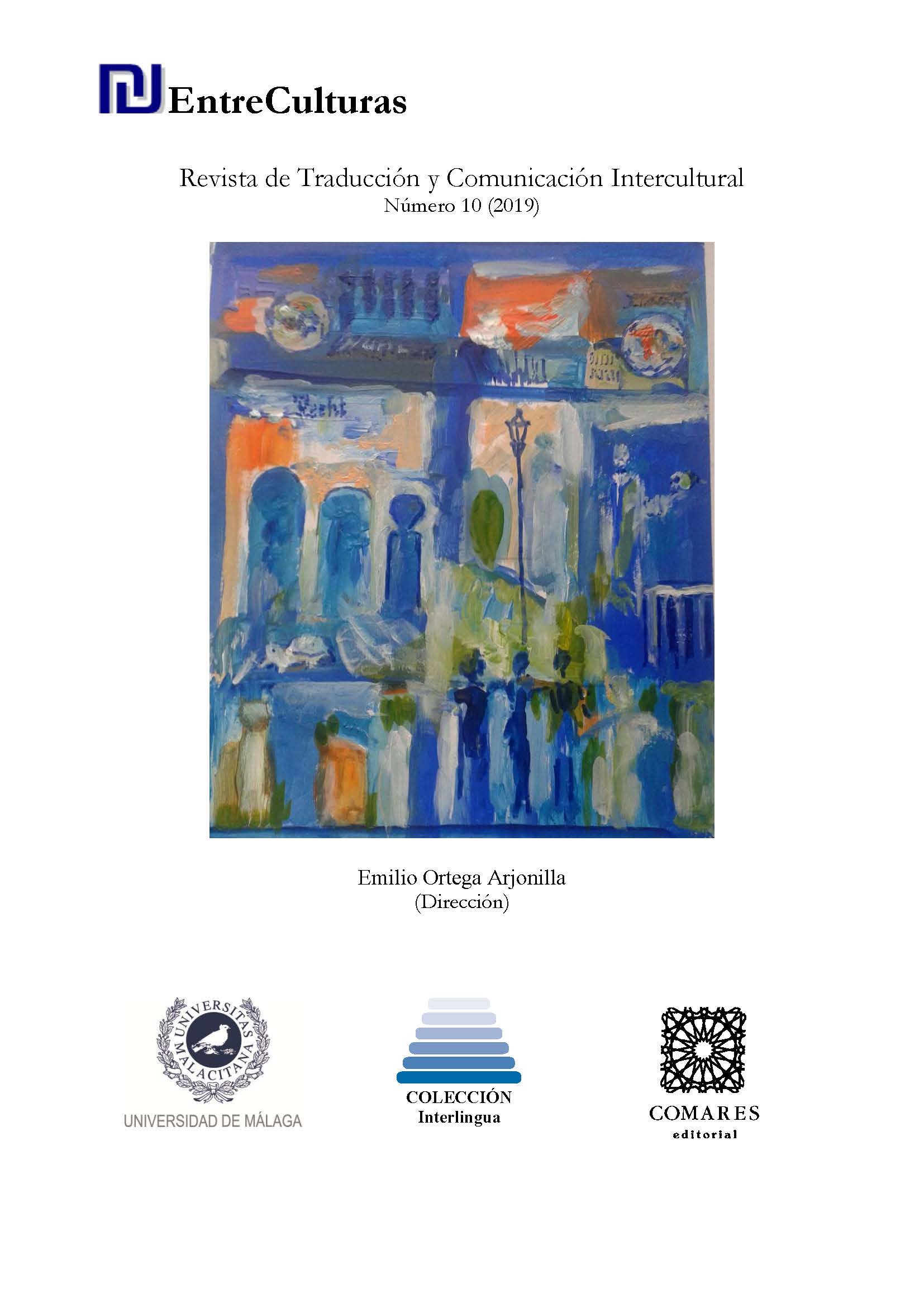Claros Díaz, Gonzalo (2018): CÓMO TRADUCIR Y REDACTAR TEXTOS CIENTÍFICOS EN ESPAÑOL. REGLAS, IDEAS Y CONSEJOS
DOI:
https://doi.org/10.24310/Entreculturasertci.vi10.12549Keywords:
.Abstract
Como apunta el autor de esta obra en su presentación (cf. op. cit.: 3) «la escritura científica en español reviste ciertas particularidades que, por desgracia, ni son del dominio público, ni del dominio de los científicos, ni del de los traductores, ni del de los redactores. Como consecuencia, solemos suponer que lo que vale en inglés también ha de valer en español, sin reparar en que el resultado puede estar pateando las reglas más básicas del español […]». He aquí una de las razones por las que decidí reseñar esta obra: comparto plenamente este diagnóstico de la situación con su autor. La otra (u otras), por no extenderme en la enumeración de razones que avalan la presentación de esta obra es la magnífica factura de este Cuaderno de la Fundación Dr. Antonio Esteve, firmado por Gonzalo Claros Díaz, catedrático de Biología molecular de la Universidad de Málaga y reputado traductor y revisor de textos científicos.
Downloads
Metrics
References
Downloads
Published
How to Cite
Issue
Section
License
All contents published in Entre culturas. Revista de traducción y comunicación intercultural are protected under the Creative Commons Attribution-NonCommercial-ShareAlike 4.0 International (CC BY-NC-SA 4.0) license. All about this license is available in the following link: <http://creativecommons.org/licenses/by-nc-sa/4.0>
Users can copy, use, redistribute, share and exhibit publicly as long as:
- The original source and authorship of the material are cited (Journal, Publisher and URL of the work).
- It is not used for comercial purposes.
- The existence of the license and its especifications are mentioned.
There are two sets of authors’ rights: moral and property rights. Moral rights are perpetual prerogatives, unrenounceable, not-transferable, unalienable, imprescriptible and inembargable. According to authors’ rights legislation, Entreculturas. Revista de traducción y comunicación intercultural recognizes and respects authors moral rights, as well as the ownership of property rights, which will be transferred to University of Malaga in open access. The property rights are referred to the benefits that are gained by the use or the dissemination of works. Entreculturas. Revista de traducción y comunicación intercultural is published in an open access form and it is exclusively licenced by any means for doing or authorising distribution, dissemination, reproduction, , adaptation, translation or arrangement of works.
Authors are responsable for obtaining the necessary permission to use copyrighted images.





7.png)
